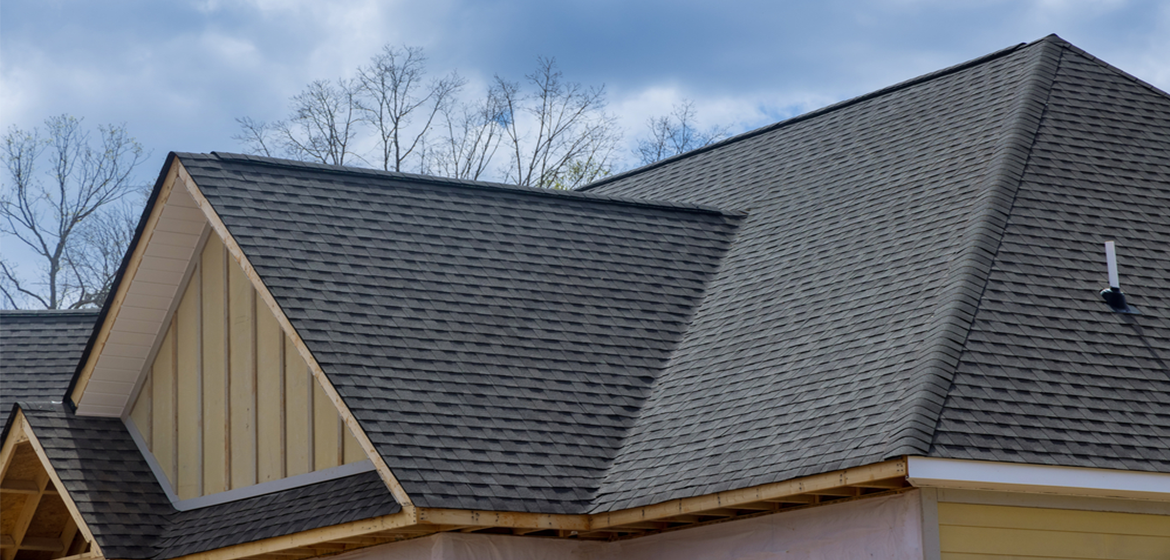Hurricane-Proof Roofs: Exploring The Best Roofing Types For Maximum Protection

In regions prone to hurricanes, the structural integrity of homes becomes a paramount concern, especially the roof. The roof acts as the first line of defense against the relentless fury of nature. As such, ensuring its resilience is essential. Through the years, the construction industry has evolved, introducing several hurricane-proof roofs that promise maximum protection. In this article, we shall delve into the most reliable roofing types, their benefits, and their role in safeguarding homes against devastating hurricane forces.
Understanding the Need for Hurricane-proof Roofs
Hurricanes bring along torrential rains and extremely high winds, which can cause extensive damage to properties. A weak roof is susceptible to being lifted, resulting in catastrophic damages. Beyond the immediate damage, there is also the long-term impact of water infiltration, leading to mold growth and structural degradation. Hence, a robust, hurricane-proof roof is not just a luxury but a necessity in hurricane-prone areas.
Metal Roofs: The Stalwart Defender
When it comes to hurricane resistance, metal roofs often top the list. Renowned for their strength and durability, they can withstand winds up to 140 mph. Their interlocking panels provide an added layer of protection, ensuring the roof remains intact even under severe storm conditions. Additionally, metal roofs are almost impermeable, ensuring no water seepage occurs. While the initial investment might be on the higher side, the longevity and peace of mind they offer make them a worthwhile choice for many homeowners.
Slate and Tile Roofs: A Blend of Aesthetics and Strength
Slate and tile roofs have been historically celebrated for their beauty. However, their benefits are not just skin deep. These roofs are incredibly durable and can resist both high winds and hail, making them suitable for hurricane-prone regions. Their weight ensures they remain grounded even in the face of intense storms. However, their installation requires expertise to ensure they offer the maximum protection they promise.
Built-up Roofs: Layered Protection
Built-up roofs, often used for flat or low-slope roofs, consist of multiple layers of asphalt, tar, or adhesive topped with an aggregate like gravel or stone. This multi-layered approach offers enhanced protection against both water and wind. The top layer, being reflective, also offers energy efficiency by reflecting sunlight, thus reducing cooling costs.
Rubber Membrane Roofs: Flexible Yet Resilient
Rubber membrane roofs, made from ethylene propylene diene monomer (EPDM), offer a blend of flexibility and durability. The material’s inherent elasticity allows it to withstand external pressures, including those from flying debris during hurricanes. Additionally, its watertight nature ensures that homes remain dry even during heavy downpours.
Reinforced Roof Sheathing and Bracing: Strengthening the Core
While the exterior material is crucial, the underlying sheathing and bracing play a pivotal role in a roof’s hurricane resistance. Reinforced sheathing combined with sturdy bracing ensures that the roof remains anchored, significantly reducing the risk of uplift during high winds.
Ensuring Installation Quality
While selecting the right material is essential, the quality of installation is equally paramount. A poorly installed roof, irrespective of the material, remains vulnerable. Thus, homeowners should ensure they hire experienced professionals, preferably those familiar with the local weather conditions. Services like preliminary inspections can offer valuable insights into the quality of installation, ensuring that the roof is equipped to handle the hurricane season.
Maintenance: The Unsung Hero
A well-maintained roof can offer significantly better protection during hurricanes than a neglected one. Regular inspections, especially post-storm, can help identify and address potential weak spots. While DIY inspections are beneficial, consulting professionals offering appraisal services can provide a comprehensive assessment, ensuring the roof remains in optimal condition.
The increasing frequency of severe weather events underscores the need for homes equipped to handle nature’s fury. Investing in hurricane-proof roofs is a step in the right direction, ensuring not just the safety of the home but also its occupants. By understanding the various options available and ensuring quality installation and maintenance, homeowners can significantly reduce the risks associated with hurricane season.